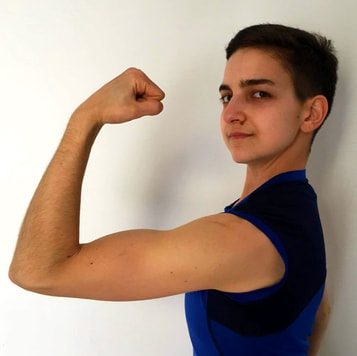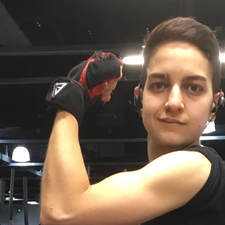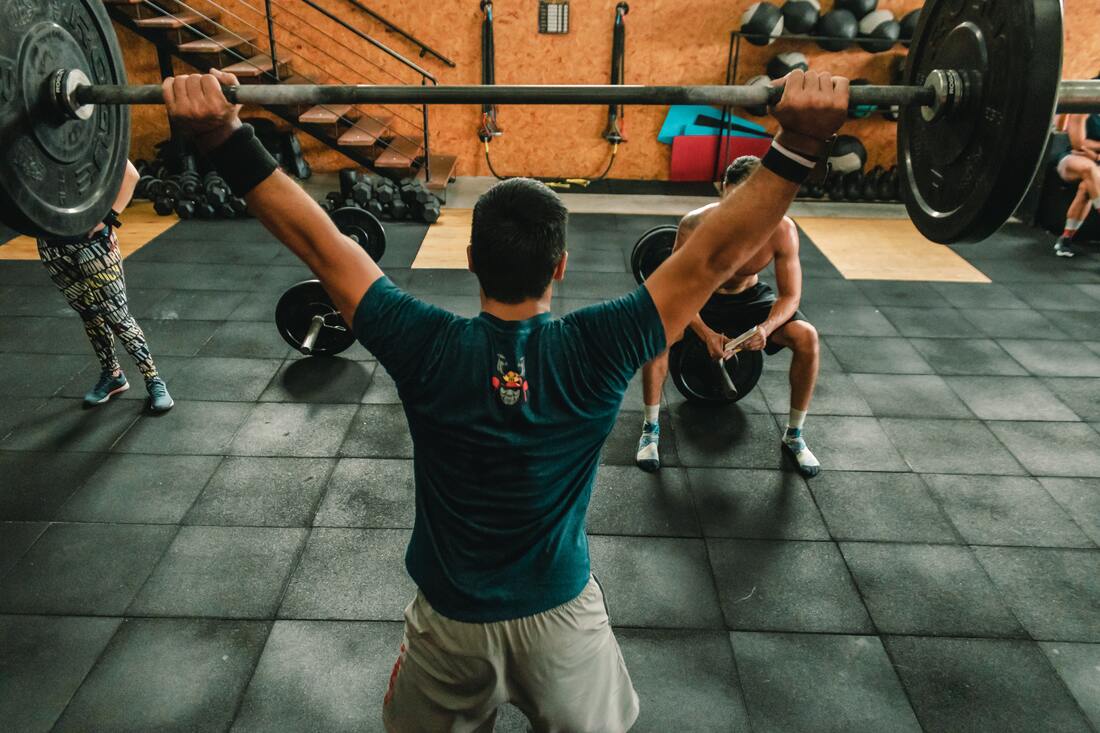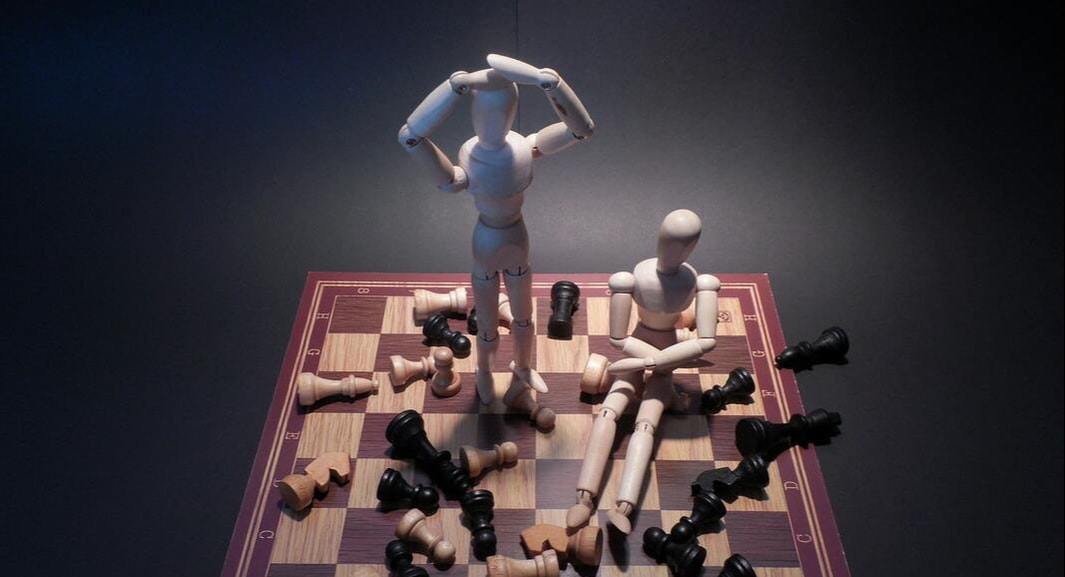For me, fitness is not just about hitting the gym; it is also about an inner happiness and an overall well-being. When I was seventeen, I spent six months as an exchange student in America. I lived with two host sisters, one of whom went to the gym every day.
Whenever she was about to leave the house, I would wish her a good workout. Every single time, she would give me an odd look and reply, “You don’t work out because you enjoy it,” as if it was the most obvious thing in the world. Eventually, I realised what she meant. She only went to the gym because she was scared of gaining weight. Her main goal was to burn calories, so she ran on a treadmill for half an hour, counting the seconds until it was over. Raise your hand if that’s you or has been you at some point in your life. You can’t see me, but I’m raising mine. We live in a culture obsessed with losing weight, mainly for aesthetic purposes. When someone dares to say they genuinely like exercise, they get made fun of. But what can working out do for you besides weight loss and maintenance? In this article, I’m going to explore three benefits that go beyond these usual suspects.
8 Comments
Everything special about you came out of a bottle!  I came out to myself as transgender almost a year ago. I started having thoughts of the “Maybe this is the wrong body for me” kind when I was eleven, but I found excuses to dismiss them: “I’m not trans, I’m a butch lesbian”; “I’m not trans, I just like men’s clothes”; “I’m not trans, I just feel insecure because I don’t look like a man…” Keeping the truth buried deep inside for over ten years felt like drowning. When I found the strength to accept who I am and breached the surface, I took in a huge breath of air to make up for the prolonged apnoea. I decided I wanted everything right away: I threw away my (few) female clothes and began using a new name, researching HRT and top surgery, and lifting weights (in a more serious and structured way than before). That was June 2018. Today, I choose to be a little more patient. I’m still not passing, still not on testosterone, still have gender dysphoria. So what’s changed? If you choose to fear, you will die slave of your own mind. Since I made the decision to heal from my eating disorder, I believed that anything involving rigour and precision meant I was relapsing. I didn’t weigh myself and didn’t track my food intake or physical activity for two years. For many, that may be healthful: they were never strict and inflexible to begin with, so losing those tendencies would be a return to their true self.
However, I was strict and inflexible long before my mental health went awry. Trying to uproot those traits was like trying to replace myself with a person I couldn’t, didn’t know how, and didn’t want to be. This attempt didn’t truly heal me. Forbidding myself to record what I was doing in any quantifiable way, I deprived myself of the only tool I had to get in touch with my body. Trying hard to fit into the mould of the “intuitive recovery warrior” only led to a partial recovery. I was still afraid of food, exercised in a way I hated, and felt insecure about my body. The only difference was that now my weight was either stable or going up instead of down. It was only when I chose to track again that I truly took back control of my life. However, it’s still hard to tell whether I make a decision because I’m pursuing a fitness goal or because I’m still fighting my old disordered mindset. For this reason, I’m going to cover a number of helpful questions you can ask yourself to figure out if what’s motivating you comes from a place of health or disorder. It’s not selfish to love yourself, take care of yourself, and to make your happiness a priority. It’s necessary.  Before September 2018, I hadn’t been to a gym in about fifteen months. Even when I did go on a regular basis, I only ran on the treadmill. In September I moved from London to Portsmouth, where I have two gyms within walking distance from my house. Having out-trained my home equipment, I decided to sign up for the university gym. On my first day, too scared to go into the male changing room, I dropped my backpack in the female one in a mad rush and stepped onto the gym floor with trepidation. The room was almost empty, which made the mirrors stand out all the more. Mirrors on every single wall, haunting me, showing me how small and puny and female I look from every possible angle. A painful reminder of what I’m not, of what I should have been. In addition, that day I was supposed to start a different training routine with new, unfamiliar exercises. As a result, I was shaking throughout the workout and left on the verge of tears. Dysphoria is a bitch, am I right? One of the reasons why I want to become a personal trainer is to help other trans folks overcome this. Personally, I had to change gym and find ways to build my confidence. Here are six tips that have worked well for me: |
Nikias TomasielloWelcome to my blog. I’m an online fitness coach with a passion for bodybuilding, fantasy, and bread. Want to work with me? Check out my services!Archives
May 2024
Tags
All
|
Follow me on social media |
Get in touch |
© 2018-2023 Veronica Tomasiello, known as Nikias Tomasiello – All rights reserved



 RSS Feed
RSS Feed